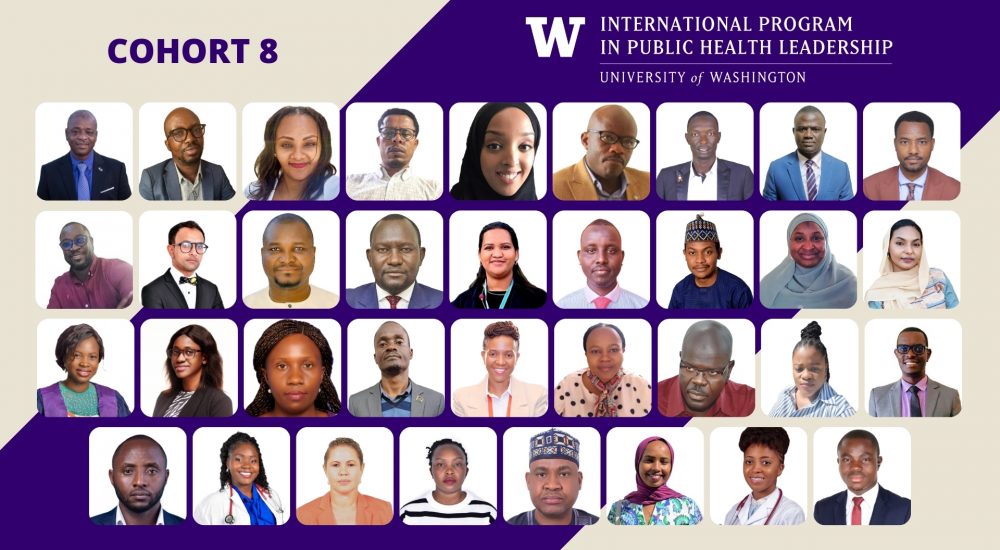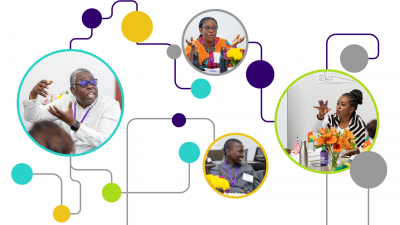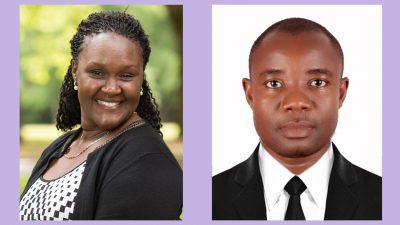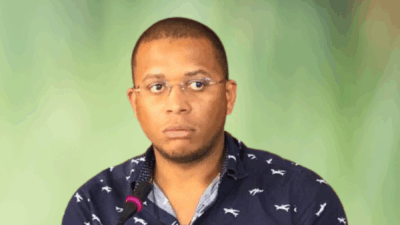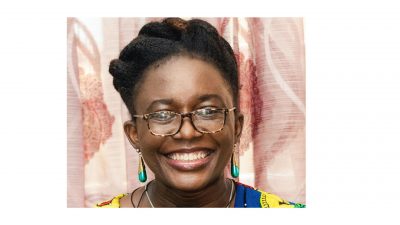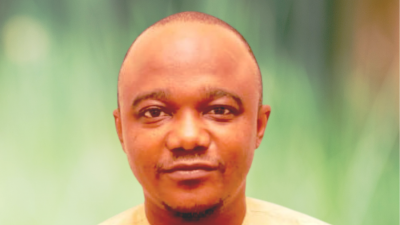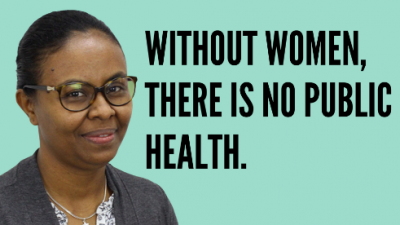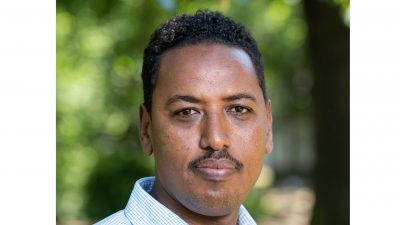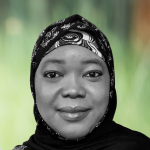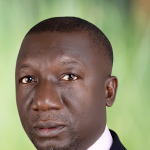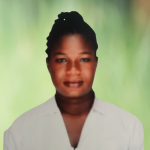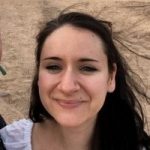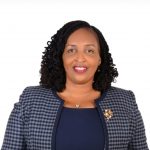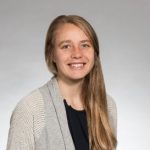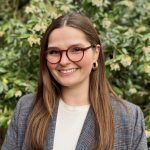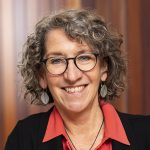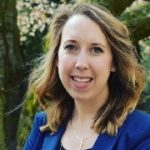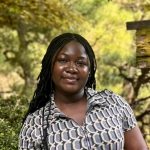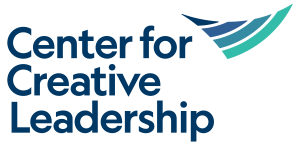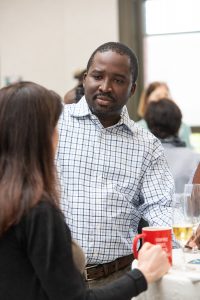2026 Cohort Applications - CLOSED
Thank you for your interest in applying to the International Program in Public Health Leadership. The application for our 2026 Cohort is now closed.
We are on an annual admissions cycle. To receive timely updates about future program dates and admissions deadlines, please follow us on LinkedIn. Click on the link to the right to be taken to our LinkedIn page.
About the Program
The International Program in Public Health Leadership is an eight-month program for emerging leaders working in or closely with African Ministries of Health. A flagship program of the Evans School at the University of Washington, IPPHL expands the policy and leadership acumen of leaders to develop and implement lasting public policy solutions and transform health systems. The curriculum emphasizes the foundations of policy analysis, evidence and evaluation, implementation, and personal leadership development.
Since 2017, 192 public health professionals across 33 African countries have completed the program. The program is fully funded by the Gates Foundation and partners with the Center for Creative Leadership.
- Mid-career public health professional from Africa, working in government, for a government initiative/partner, or government entity at the federal, regional, state, or provincial level in Africa
- Responsible for development of health policies and/or managing public health program(s) with supervisory responsibilities, either individual staff or a team;
- Accountable for the performance of public health programs and/or for managing front-line health workers
- Holds a degree related to public health or medicine
- A citizen and resident of a country in Africa
- Strong English-language skills, and the ability to articulate the various policy or program implementation challenges that they deal with in public health.
Participation & Commitment
If accepted, you will be required to attend all live virtual and in-person components of the program including completing prep work for the session. See estimated time(s) below:
- Orientation (February 10-12, 2026) – three (3) virtual live sessions: Introduction to the IPPHL program and your cohort, the policy project, executive leadership coaches, and the global IPPHL Network.
- Independent Policy Prep (March 3-27, 2026) – self-paced online preparation for sessions and policy project.
- Policy Intensive (April 7 – May 21, 2026) – Fourteen (14) virtual live sessions: An average of 5-7 hours per week on programmatic assignments, such as reading case studies and articles, completing self-assessments, meeting with their executive coach and faculty advisor, and participating in the live online sessions.
- Leadership Immersion (June 10-27, 2026) – TBD, Africa: 2.5 weeks of in-person experiential learning, workshopping, networking, and individual leadership development. Full attendance is required.
- Launch & Learn (July 6 – August 21, 2026) – independent policy project work; three (3) virtual session touchpoints: Fellows begin applying the leadership, implementation, and policy frameworks in their places of work. The cohort convenes for three 90-minute sessions to check-in on progress with colleagues. Fellows finalize their written policy projects during these six weeks.
- Capstone Seminar (September 1-4, 2026) – TBD, Africa: The cohort convenes in-person for the final after-action to assess progress and strategize how to move projects, agendas, and teams forward. Full attendance across all days is required.
Throughout your time in the program, you will complete a policy project that focusses on an implementation or policy challenge you are facing in your work. You will be paired with a faculty advisor who will support you in the development of your project and you will be asked to meet with your advisor for regular feedback.
You will also be paired with an executive coach from the Center for Creative Leadership for your leadership journey, identifying a personalized plan for continued leadership growth and development. You will be asked to complete a “360-evaluation” and other leadership style assessments, which will inform your understanding of your leadership strengths and growth areas. The 360-evaluation will involve soliciting feedback from your boss, peers, direct reports, and others.
Language Requirements
The program is currently conducted almost exclusively in English, with some light language support including offering executive coaching in multiple languages and translation of select program materials. While we are working on greater language accessibility, for now, we require that all incoming fellows have a command of English that will allow them to fully participate in the program. This includes engaging in discussions, following fast-paced and complex session content, completing written and reading assignments, and participating in advising sessions. Throughout the program, the IPPHL team is available to support fellows in their program journey as best as possible, and we welcome feedback on how to make the program easier to navigate.
Travel & Visa
Our 2026 in-person Leadership Immersion and Capstone programming will be held in Africa, with locations to be announced to the Cohort at the start of program. Fellows will be required to travel to attend both in-person components of the program. IPPHL will arrange and cover costs of travel and visas required for program attendance.
Technology Requirements
If admitted, participants must have access to a reliable device such as a desktop computer or laptop. Live course sessions, which are roughly three hours per week during the Policy Intensive, require stable internet, a webcam, speakers, and microphone. We understand the quality and availability of internet is not always certain and that this may affect participation in some sessions.
Please be prepared to complete the following steps in the application to apply:
- Complete personal information, employment history and education history questions.
- Answer 3 short essay questions limited to 1500 characters each on the following topics (please refer to application for full questions and expectations):
- How you have used leadership and management skills to affect change in the past (or in your current role), and what personal characteristics help you effectively work through leadership challenges and influence change
- A critical challenge that you face in your position or in your health program that you would like to address as your policy problem throughout IPPHL
- How the leadership, policy analysis, and skills of influence learned during this program will further your career aspirations
- Upload a Statement of Release from your supervisor in PDF form. This statement should come from an individual or department with the authority to release you for time spent during the in-person and virtual portions of the program, some of which may occur during work hours.
- Upload a Letter of Recommendation from your employer or supervisor PDF form. Your Letter of Recommendation should include:
- Several ways that a leadership and policy program like IPPHL would support your professional development
- One strength or specific talent you would add to the program
- Two ways your participation in IPPHL would benefit your larger team and organization
- A statement of willingness from your organization to participate in elements of the program that require their input such as surveys
Program Questions
What type of degree is awarded at the end of IPPHL?
The International Program in Public Health Leadership is a non-degree, non-credit program offering participants a signed
What is the cost?
There is no tuition or program fee. IPPHL makes every effort to cover most direct costs associated with the program, including lodging and airfare for the two-week Seattle Residency and Capstone Seminar. Participants are responsible for covering certain costs, such as visa fees and internet and will receive limited financial support for these expenses either during or after the completion of the program.
Eligibility Questions:
Am I eligible to apply if I work for a for-profit organization including WHO, USAID…) in a developing country?
Our primary objective is to train individuals who work in the country’s government health system. Individuals working for international NGOs or for-profit organizations do not fit the typical candidate profile and may not be a competitive applicant.
I am originally from Africa but now live in the USA (or other non-African country). Can I still apply for the program?
To be eligible for this program, applicants must be currently living and working in an African country.
Is the program only meant for employed individuals?
A large portion of the program relies on surveys and feedback from the participant’s workplace, as well as the ability to pull from current work situations, so we do require candidates to be employed and provide a letter of support from their organization.
I do not have a public health degree, am I eligible to apply?
Our target candidates for the program are individuals with a medical background or an advanced degree related to public health, development or policy. Candidates are not required to have a direct public health credential; however, they should be currently managing public health programs in their country.
I’m a University lecturer/PhD student, am I eligible?
Our target candidates for the program are individuals who are currently working in their ministries of health and responsible for managing public health program(s) with supervisory responsibilities. While university lecturers and professors are welcome to apply, these individuals do not fit our typical profile and may not be competitive applicants. Full-time PhD students are not eligible.
Is there an English language test we need to submit scores for?>
There is no official English language test, but participants will be required to demonstrate a high level of proficiency in English during the application process.
Contact
Inquiries about the International Program in Public Health Leadership may be sent to ipphl@uw.edu.

